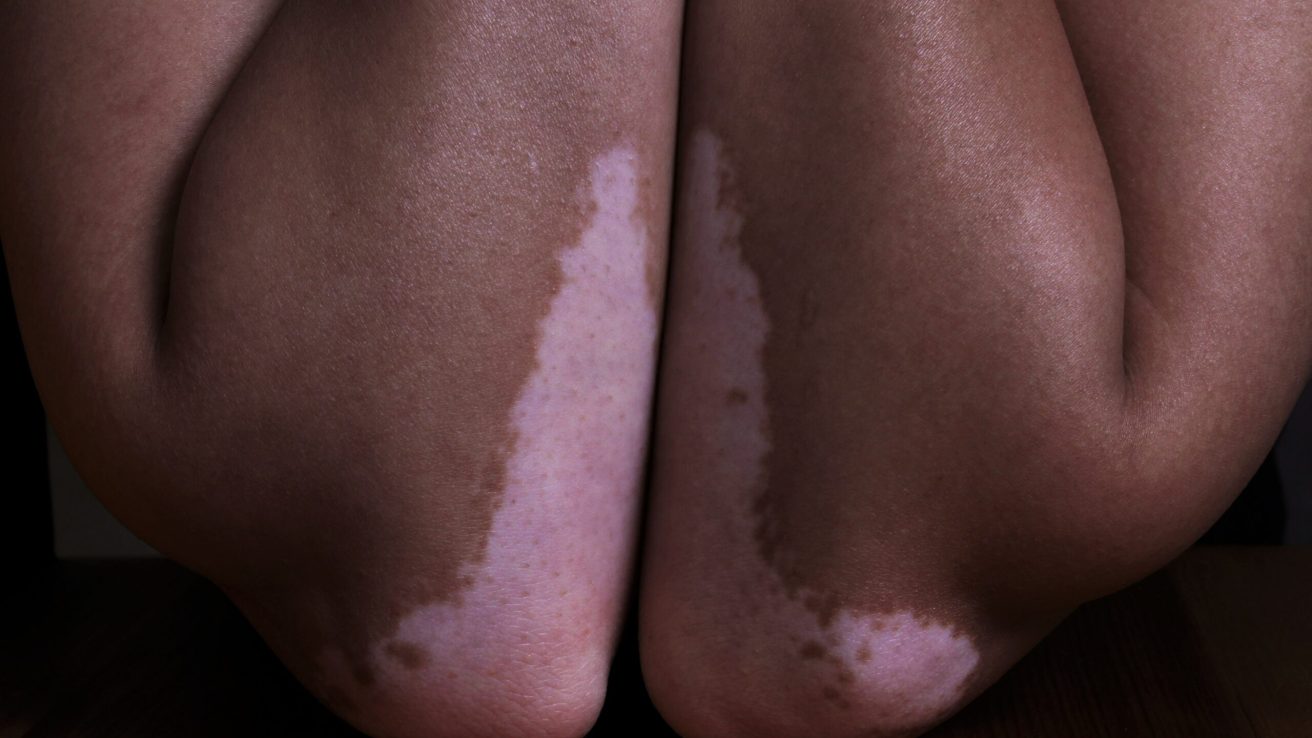Vitiligo is a complex skin condition influenced by several factors, including diet. Complementary therapeutic approaches involving diet and/or supplementation may be beneficial for patients with vitiligo.
Vitiligo is a skin pigmentation disorder that can develop over time and affects 0.5 to 2% of the world’s population. Vitiligo can be a difficult condition to treat, prompting interest in the potential benefits of diet supplements such as vitamins, minerals, and herbal supplements.
A number of studies have concluded that combining vitamin B12 and folic acid supplementation with sun exposure is beneficial for inducing repigmentation. Zinc inhibits melanocyte breakdown and has been found to provide marginal benefits when used with topical steroids or UV-B treatment. Phenylalanine plays a vital role in melanin production and, in one study, when combined with UV-A, resulted in follicular repigmentation in 94.7% of participants, with 26% showing dense repigmentation.
Vitamins C and D both have antioxidant benefits and are involved in immune function. However, while vitamin D is highly recommended for use in the treatment of vitiligo due to its immune-modulating effects, vitamin C disrupts melanin production and supplementation is contraindicated.
Herbal supplements have also been looked at, and most of them have antioxidants that help with repigmentation. Several herbal supplements, including ginkgo biloba, polypodium leucotomos, nigella sativa, green tea, and curcumin, have recently received a lot of attention for their anti-inflammatory effects.
People with vitiligo and celiac disease (CD) may benefit from switching to a gluten-free diet. Several studies have found that people who are seropositive for CD are more likely to develop vitiligo than people who don’t have CD. CD-positive patients with autoimmune skin diseases like psoriasis, dermatitis herpetiformis, and vitiligo have reported fewer symptoms after going on a gluten-free diet. Therefore, screening for CD in patients with vitiligo may be beneficial in determining whether to make dietary adjustments.
Source:
Dutta, R. R., Kumar, T., & Ingole, N. (2022). Diet and Vitiligo: The Story So Far. Cureus, 14(8), e28516. https://doi.org/10.7759/cureus.28516










